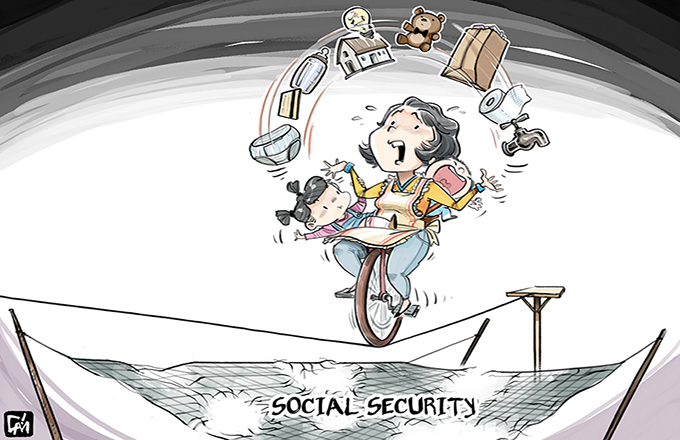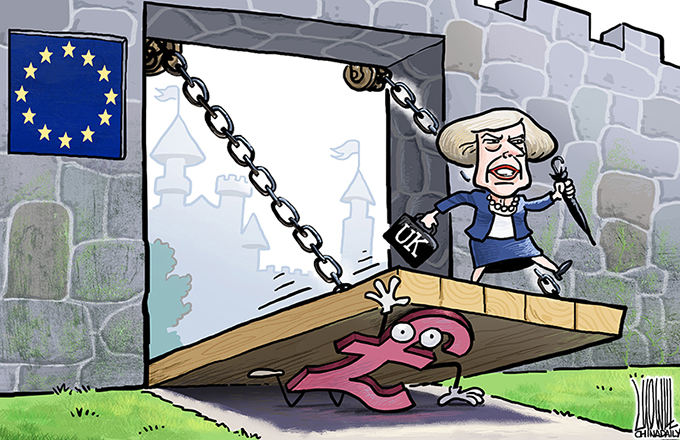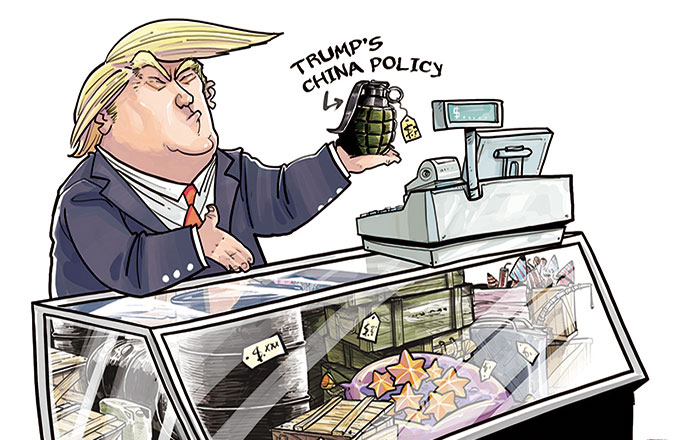Plan for Beijing's south embodies change of mindset
Beijing's plan to boost development in the south of the capital embodies a transfer of functions by the municipal government, according to an article in Beijing News.
Here are excerpts:
The Beijing government plans to invest 396 billion yuan ($63.7 billion) to support 232 major projects in its southern region in the next three years in an attempt to narrow the development gap between this area and other parts of the city.
The plan focuses on public services, infrastructure, ecology and industrial growth, and shows local authorities' increasing awareness of defining the limit between government and the market.
People living in Beijing may know all too well of the city's "north-south gap", with some even complaining that it feels as though the city's southern area is not part of the capital.
Although south Beijing has made great progresses in the past three years in economic growth, infrastructure and public service, its development needs to be further accelerated to catch up with the other areas of the city.
South Beijing's development during these years was pushed by government-led efforts, but clearly the new plan focuses on strengthening public service and industry, by transferring the development function to the market and focusing on social welfare.
Only by the government transferring such functions, can it focus on public service and better improve people's livelihoods —a critical gauge of growth.
Such a change of mindset is clearly reflected in the plan, which calls for the building of 48 primary and middle schools, 10 hospitals and at least one institution for the elderly with 400 or more beds in each of the southern region's five districts.

























